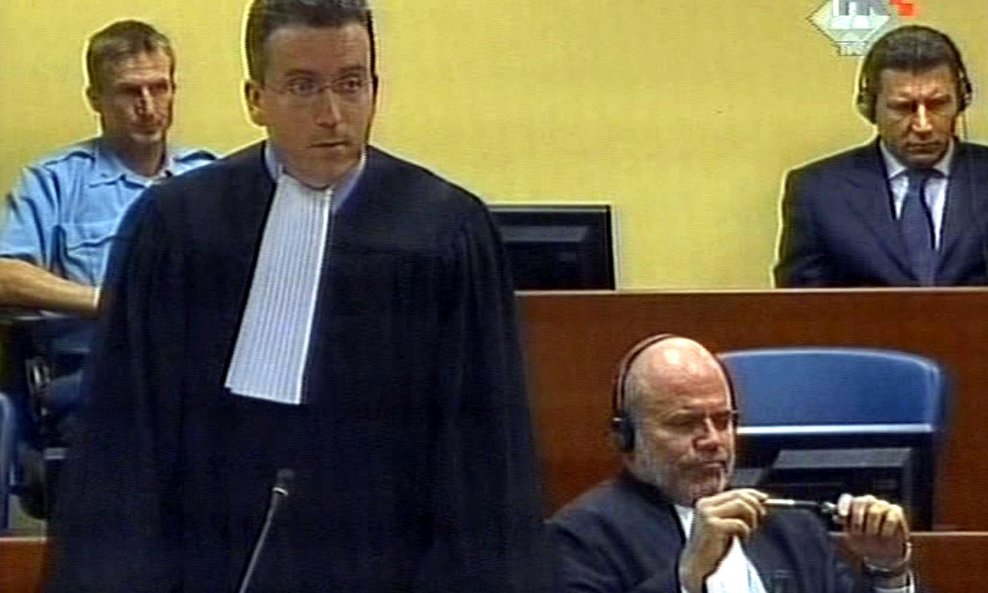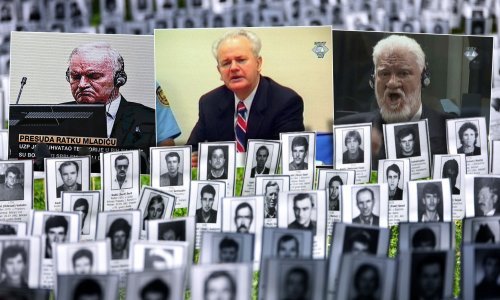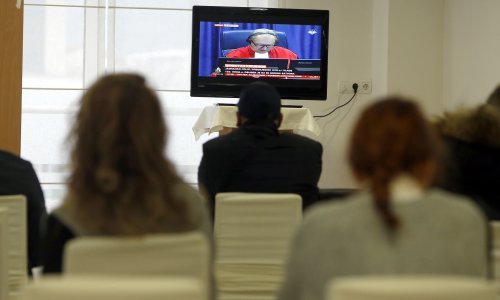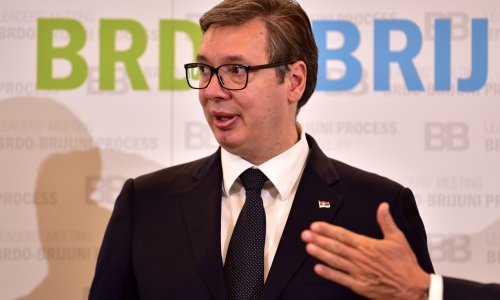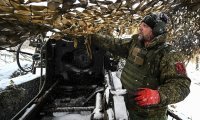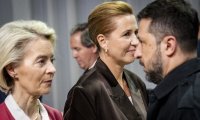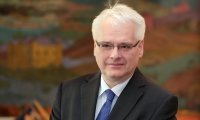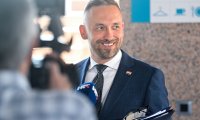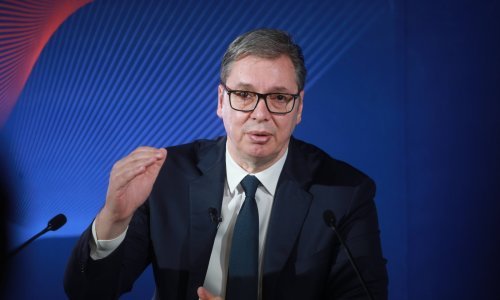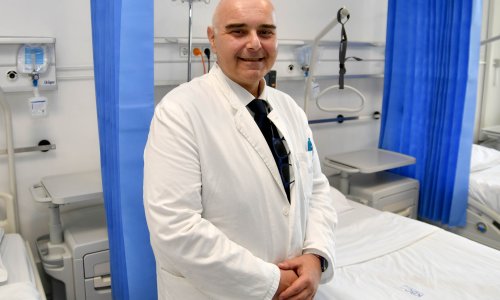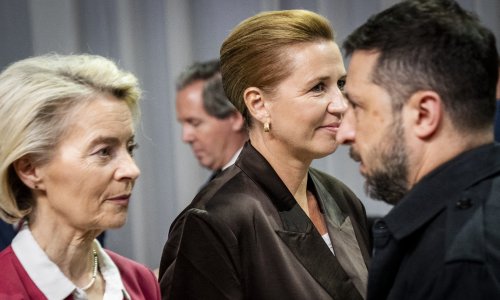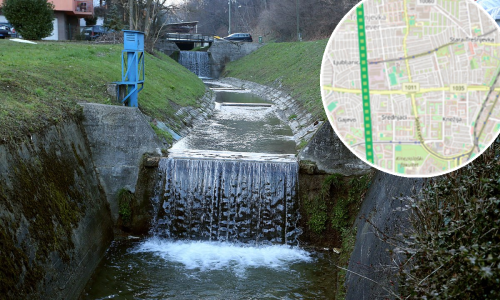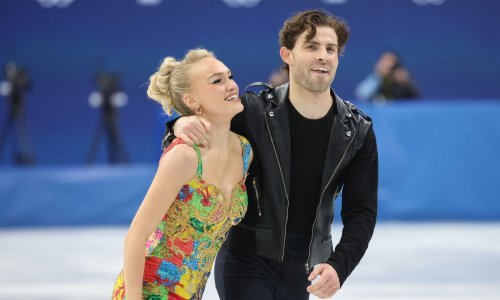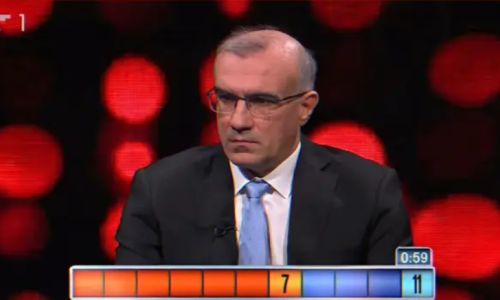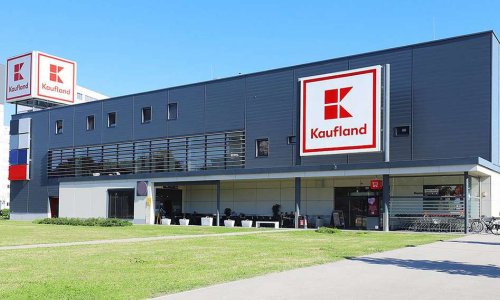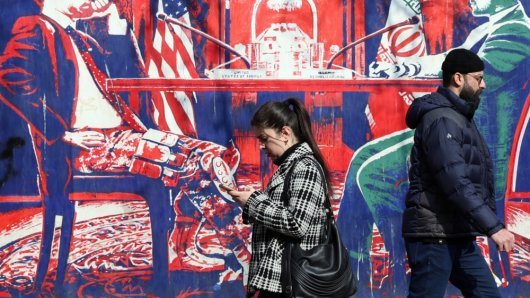The trial of Croatian generals Ante Gotovina, Ivan Cermak and Mladen Markac, accused by the Hague war crimes tribunal of crimes committed during and after Operation Storm in the summer of 1995, ended on Wednesday, with presiding Judge Alphons Orie saying a judgement could be expected in the foreseeable future.
On the third day of closing statements, the prosecutors and the defence teams once again gave opposite interpretations of key evidence, and the defence called on the three-member trial chamber to acquit their clients.
Gotovina's counsel Gregory Kehoe said Gotovina was a soldier and a patriot who worked honorably and in difficult conditions, together with his men, on establishing democracy in his country.
After examining the evidence, the trial chamber will find that his actions were honourable, correct and equitable, and the right thing to do is to acquit him and send him home to his family, said Kehoe.
Cermak's counsel Steven Kay said his client came to the Croatian town of Knin with a clear mission that he tried to perform without any intent to commit a crime. His role was not well-defined, but he did his best, Kay added, calling on the trial chamber to acquit Cermak.
Markac's counsel Goran Mikulicic said his client was an honourable person who spent the best years of his life with one goal, to defend his country and its democracy.
The prosecution did not prove his guilt beyond a reasonable doubt and he should, therefore, be freed and returned to his family in Zagreb, he said.
Although Judge Orie recalled that the three generals were entitled to address the trial chamber at the end of the trial, Gotovina, Cermak and Markac declined.
Prosecutor Alan Tieger said the evidence presented during the trial proved beyond a reasonable doubt that the three generals were legally responsible for crimes against Serb civilians.
He said it was now time that he use Occam's razor, which Gotovina's defence referred to during opening and closing statements, to tell the trial chamber that the simplest explanation of the evidence was the one the prosecution offered during the presentation of evidence.
Tieger said the evidence showed that all those who were exposed to attacks realised that those were attacks on civilians, that they were the result of an order for indiscriminate shelling of towns and villages, that the order was the result of a meeting at which it was said that it was important to drive civilians out, that the commander in chief was a person who insisted that too many Serbs posed a threat, and that it was proved that steps had been taken to prevent them from returning.
The simplest explanation of everything is crystal clear, said Tieger.
The closing statements began on Monday and were envisaged to last four days, but were wrapped up a day earlier.
The trial began on 11 March 2008 and the last witness took the stand on 11 June 2010. The trial took 303 working days during which the prosecution called 81 witnesses and the defence 57 -- 25 for Gotovina, 19 for Cermak and 13 for Markac, said the Hague tribunal. The trial chamber called seven witnesses.
In its closing statements, the prosecution called on the trial chamber to find the defendants guilty and sentence Gotovina to 27 years' imprisonment, Markac to 23 and Cermak to 17.
Gotovina has been in custody since December 2005, when he was arrested in Spain, while Cermak and Markac turned themselves in in March 2004.
Speaking to the press after leaving the tribunal, Markac's counsel Mikulicic said he expected a verdict by Christmas at best and in the spring at the latest, while Gotovina's attorney Luka Misetic said he expected a verdict in two to 10 months' time, as has been the case with the tribunal's decisions to date.
Tieger would not say when he expected a ruling.
Asked why Gotovina declined to address the trial chamber, Misetic said there was no need for that, as it would not have changed anything in terms of fact or law and would only have drawn attention. Misetic said he expected a fair verdict.



